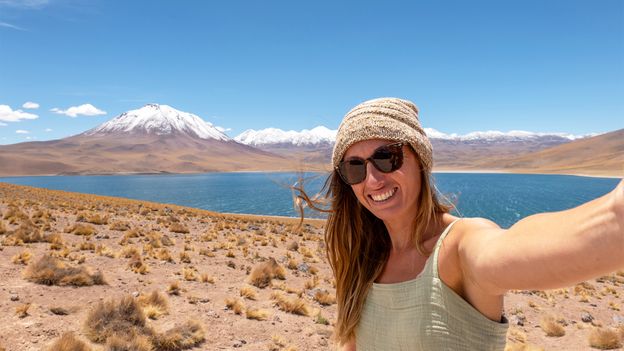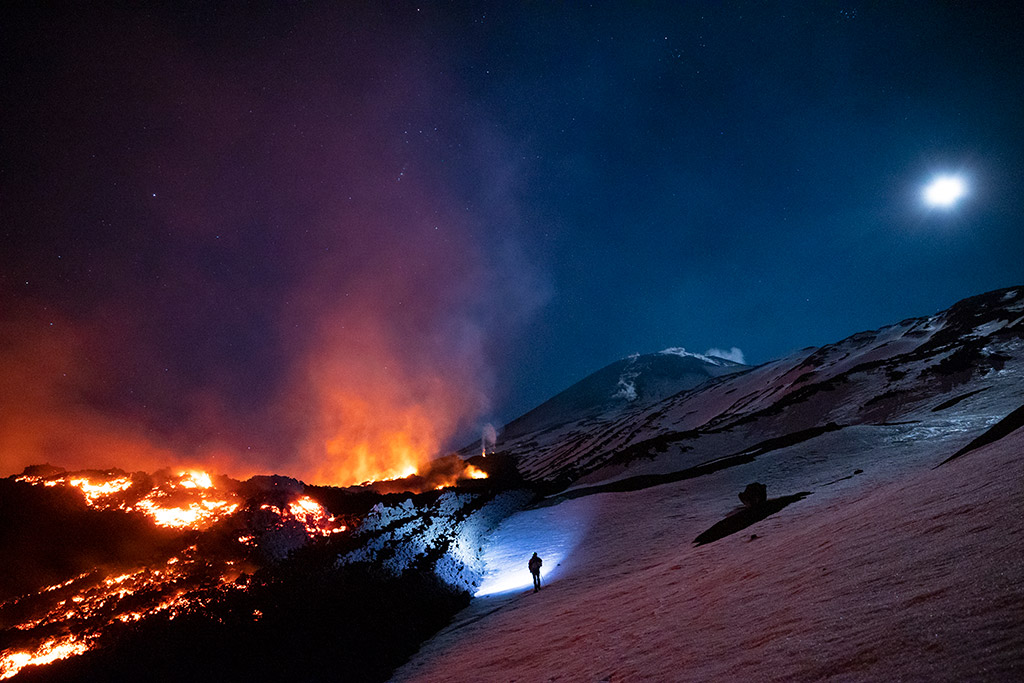Planning A Positive-Impact Safari, According To A Top Travel Advisor


Three decades ago, John Burdett and Warwick Hoffman were working on a project for an international aid organisation when they fell in love with Africa. As a result, they founded Journeysmiths, an agency that specialises in safaris focused on animal and environmental conservation. I joined their team to continue that legacy, but a lot has changed in that time. In an industry rampant with greenwashing tactics, it’s hard to be sure if you’re truly travelling in a sustainable way. Below are my tips on planning a safari with a purpose.
Pick the right agent
The first step is to choose a travel agency that can demonstrate its commitment to supporting conservation. I recommend looking at the company’s website and speaking with one of the travel consultants there. Ask how they ensure your trip will positively impact the places you visit. A good response will include information on the company’s purpose, how it selects suppliers across Africa, and if they have a financial commitment to making a difference. My team and I work with Ripple Africa, a great organisation that supports children, women, and people living with disabilities in rural African villages.
Add a less popular safari

It’s tempting to consider a well-known safari area, like the Masai Mara in Kenya or Ngorongoro Crater in Tanzania. These iconic regions can offer an unforgettable experience, but to maximise your impact, consider adding a lesser-known but equally impressive safari destination to your itinerary such as Sarara Camp in Kenya and Rhino View Lodge in South Africa. Your safari dollars will go further and reach more remote communities.
Make direct donations
Africa is full of opportunities for travellers to create meaningful connections with people and places. Through our partner, Pack for a Purpose, you can make charitable donations of medical and educational supplies needed in places you visit on your trip.
The best safari properties will have a positive impact on their region, too. They’ll likely invest in conservation, fund education and medical facilities, and support local suppliers. Others focus on a particular need, like female empowerment, by employing women from nearby villages.
See conservation in action

We recently launched a new series called Small Group, Big Impact Safaris, designed to see firsthand how conservation and empowerment initiatives work. One group visited the Masai Mara with big cat researchers, joined anti-poaching units who were patrolling wildlife corridors, and witnessed the release of three endangered black rhinos. In addition, all profits from those safaris are invested back into the conservation initiatives.
Laura Burdett-Munns is a member of Travel + Leisure’s A-List and specialises in East and Southern Africa safaris. You can create a tailor-made itinerary with Burdett-Munns by contacting her at [email protected].
shop the best travel experiences here
(Feature Image Credit: Walter Stein/Getty Images)
This story first appeared on travelandleisure.com
Related: This 7-Night Safari In Botswana Is All About Wildlife, Water, And Sustainability
Note:
The information in this article is accurate as of the date of publication.
We may earn an affiliate commission when you shop through links on our site.
Written By
link





